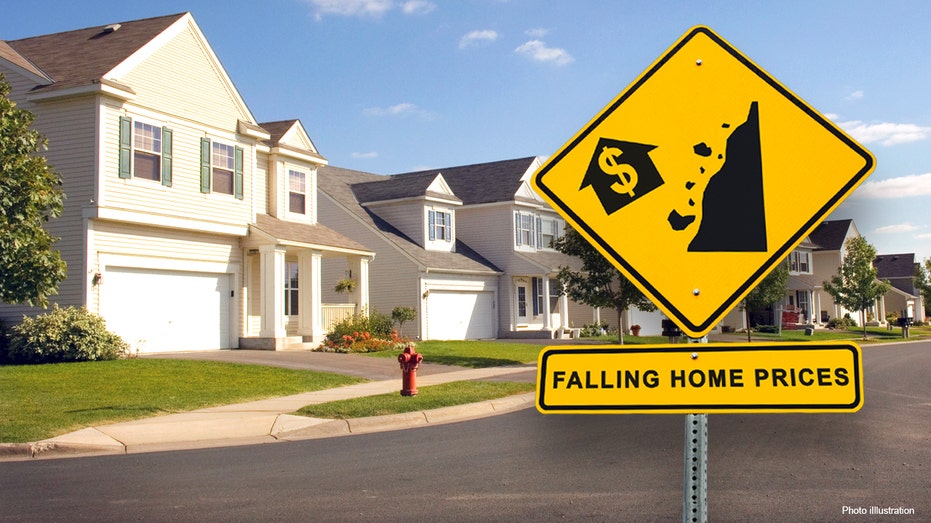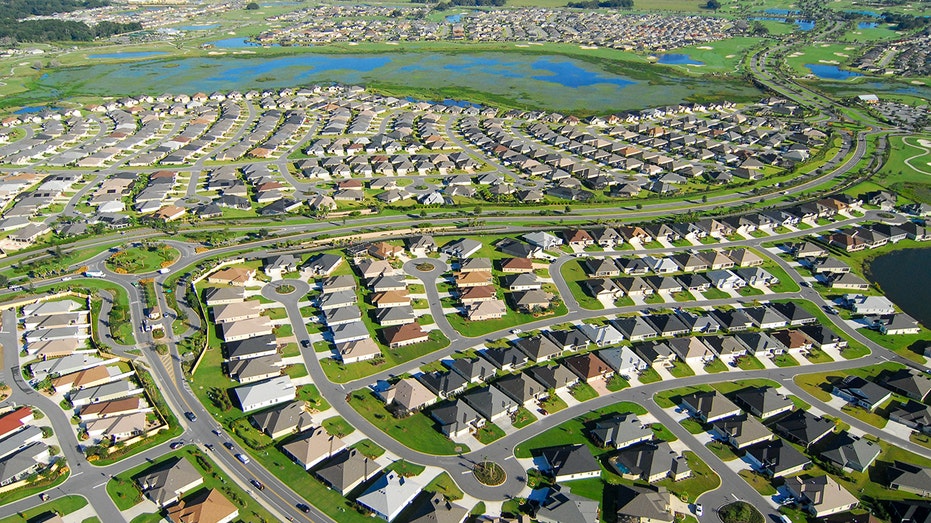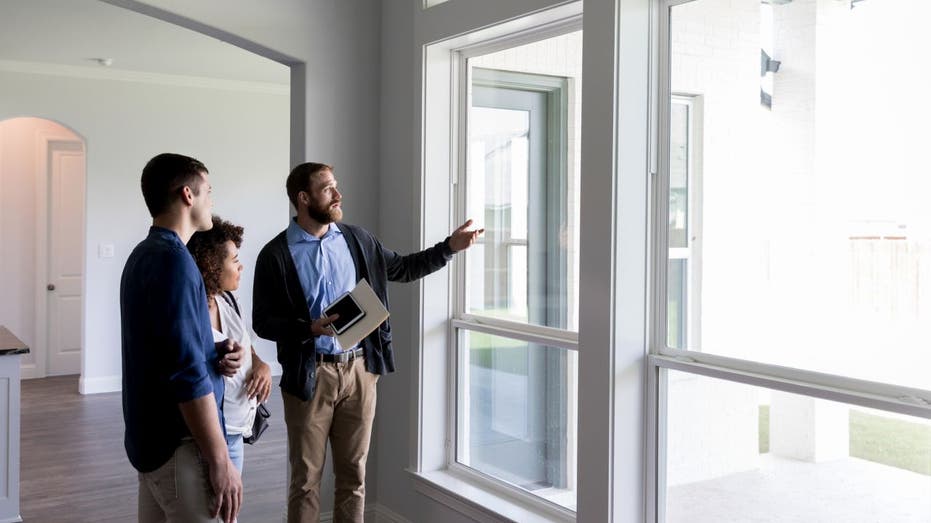What is a homeowner association?
Breaking down the responsibilities and limits of a homeowner association
Homeowners, renters feel inflationary pressure as housing costs rise
FOX Business' Madison Alworth explains how homeowners and renters alike are feeling market pressure as mortgage and rental costs surge.
Typically, an individual's local homeowner association can either be a headache or a supportive governing body for new or long-term home buyers.
These organizations are usually found in residential communities such as suburbs but also in cooperative apartments, condominiums, and many other forms of housing. Over 50 million Americans technically fall under their authority. Let's look at how they work, their benefits, and why some people are not huge fans of them.
What is the purpose of a homeowner association?
A homeowner association is a self-governing organization made up of other property owners in the community who oversee the maintenance of common areas in a residential building or neighborhood. These organizations generally have a volunteer governing board elected by other homeowners in charge of the association's duties and responsibilities.

Fees from the homeowner association may be higher depending on the area and tax-bracket of the residents. (istock / iStock)
Bylaws and rules are written and enforced by the homeowner's association that is specifically crafted for the community. If you own a property within the development, the association ensures you pay a fee for the general upkeep of the community. Typically, property owners can address concerns, appeal a decision of the association, or simply attend weekly, monthly, or bi-monthly meetings hosted by the association.
TIRED OF YOUR TIMESHARE? HOW TO UNLOAD IT WITHOUT LOSING MONEY
In some communities, these organizations ensure that an individual property owner does not construct material on their property that is in violation of the residential bylaws or obstructs other neighbors.

The homeowner association enforce the bylaws agreed to by the community and collects property owner fees for community maintenance. (iStock / iStock)
What are HOA's fees used for?
The homeowner's association collects fees to pay for public landscaping in the community, garbage pickup, parking, shared utilities (usually in apartment complexes), and community security. Usually, these organizations elect a treasurer to ensure the money from the fees is properly allocated to the correct times.

Property owners must agree to follow the bylaws of the association before purchasing property in their area. (iStock / iStock)
Depending on the neighborhood, some homeowner associations may have considerably higher or cheaper fees based on the socioeconomic makeup of the community, the size of the area or building, and the scope of the association.
4 THINGS TO KNOW BEFORE YOU BUILD A HOME
Are they legal?
If an individual wants to buy a property within an association land, then they must agree to follow the article of incorporation and rules enforced by them. Legality and regulation regarding homeowner associations differ depending on the state. In states such as Florida and California, the homeowner association laws are extensive, but in states like Massachusetts, there is virtually no regulation on these organizations.
CLICK HERE TO GET THE FOX BUSINESS APP
A homeowner association is subject to state law overseeing non-profit organizations.




















